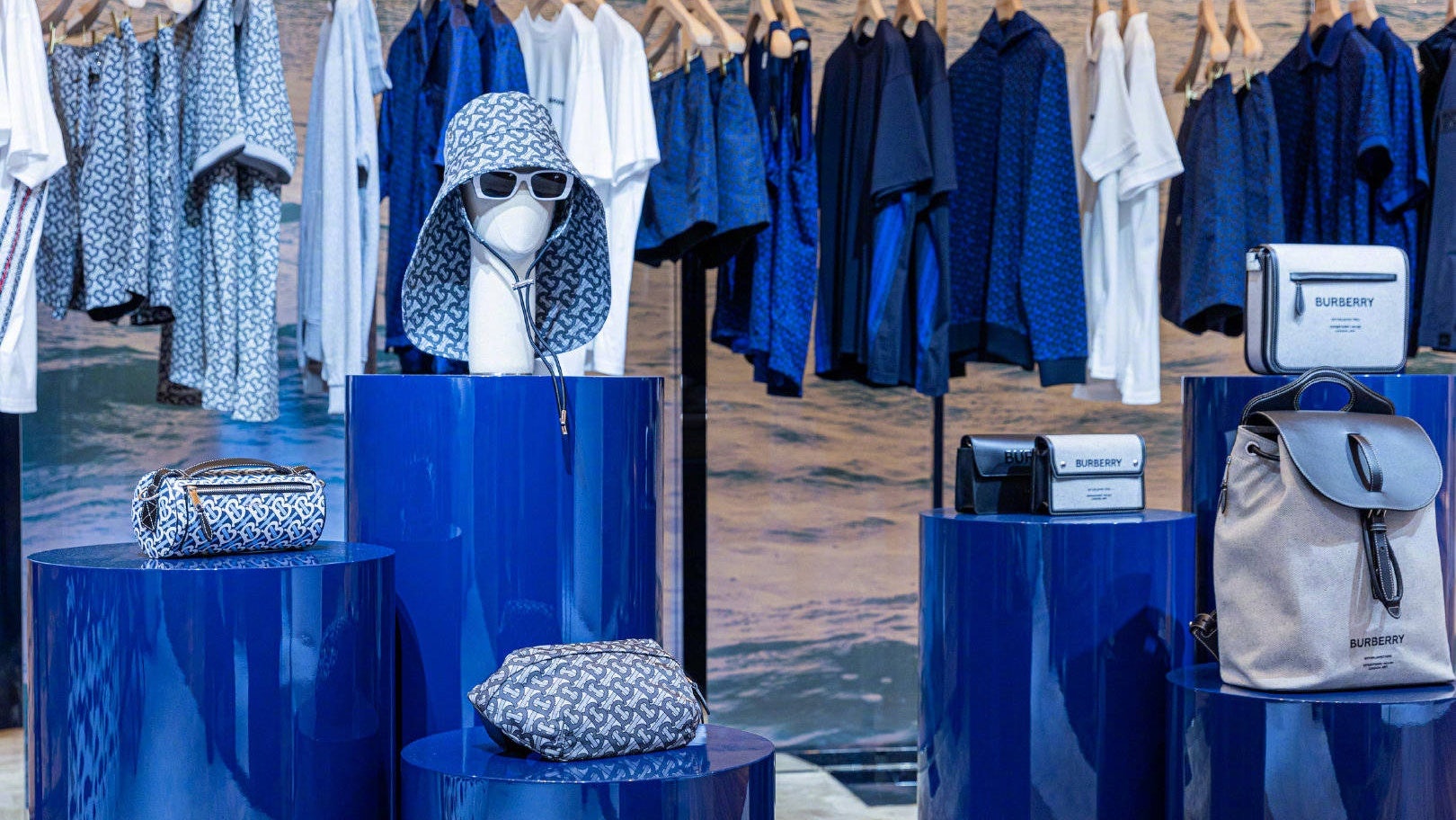Index Moves#
is our monthly analysis of the biggest climbs and drops on The Jing Daily KraneShares China Global Luxury Index, which tracks the global market performance of the luxury sector. The Index relies on the Jing Daily Global Luxury Score and Jing Daily Brand Awareness in China Score in addition to fluctuations in market cap and stock closing price. Below, we highlight luxury brand moves for the month ending August 31, 2021.
On August 17, Chinese President Xi Jinping shook the country’s rich out of their complacency when he told the Communist Party leadership that the government needs to redistribute wealth in the interest of “common prosperity.”
Three days later, the Jing Daily KraneShares China Global Luxury Index hit a new low of 324.43 as investors drove the share prices of the world’s largest luxury companies downwards, wiping nearly 10 percent, or €62 billion (73 billion), from the cumulative value of LVMH, Hermès, Kering, Richemont, and Burberry.
Some investors even started betting against luxury firms. On August 20, the same day the Jing Daily KraneShares Index hit its low, short positions in Hermès stood at 0.9 percent, up from 0.7 percent at the beginning of the month, according to IHS Markit data.
The worry for luxury brands and investors alike is that Xi’s comments, though not yet translated into policy, will trim the wealth of China’s richest, and in turn, curtail their ability to spend on luxury goods. With some brands, such as Burberry, now dependent on China for over half of global revenue, any policy change can have dramatic effects.
Fresh in many investors’ minds is Xi’s 2013 anti-corruption drive, which targeted bribery and gift-giving among government officials. According to a paper published by the Kellogg School of Management, that campaign contributed to a 55 percent decline in luxury imports worth 194 million. Swiss watches and high-end alcohol were two product categories that were most affected by the policies.
But back in 2013, luxury brands could at least count on wealthy Chinese travelers to continue spending overseas. That purchasing power has been far less readily available in 2021, as strict travel restrictions have persisted, and an increased appetite for shopping locally is likely to remain even after Chinese citizens are able to resume international travel. “We’ve now reached the peak spending of Chinese people out of China,” says Adam Knight, co-founder of Tong, a market intelligence company specializing in China.
Brands with a strong presence in China will therefore do better. Take Burberry, which dropped out of the Jing Daily KraneShares Index in May following the Xinjiang cotton boycott. In August, however, Burberry returned to the index, ending the month in fourth place.
“It would have been easy for Burberry to spook,” says Knight. “Yet they held their nerve and doubled down on the winning formula that has delivered great success over the last couple of years.”
That “winning formula” includes a large digital presence through online activations, including gamification and NFTs, and culturally-driven campaigns such as partnerships with local Chinese artists to create installation pieces featuring its new Olympia bag. Together with a strong retail presence (97 of Burberry’s 214 stores are in China), Burberry’s weighting on the Jing Daily KraneShares Index has increased.
Many believe luxury spending will be largely unaffected by Xi’s “common prosperity” message. “Spending on luxury brands is now established in the culture of the Chinese middle class, so that won’t be affected by any wealth redistribution policies,” says Rafael Steinmetz Leffa, executive director of wealth management firm GWM. Xi’s message, he believes, is more about encouraging philanthropic spending among the wealthy, noting that luxury spending among his clients remains unchanged.
Furthermore, Xi has in fact encouraged domestic luxury consumption over the years. “The government has expended a lot of time and energy to repatriate luxury spending, whether in the form of cross-border e-commerce incentives or the setting up of duty-free shopping zones,” says Knight. “To clamp down now would simply push luxury spending back overseas as travel begins to open up again in 2022. I am also personally doubtful that the government will take any truly meaningful action to curtail high-end consumption in China itself.”
By the end of the month, the Jing Daily KraneShares Index had almost recuperated its mid-August losses, showing that at least some investor confidence was returning to luxury brands as September commenced.

